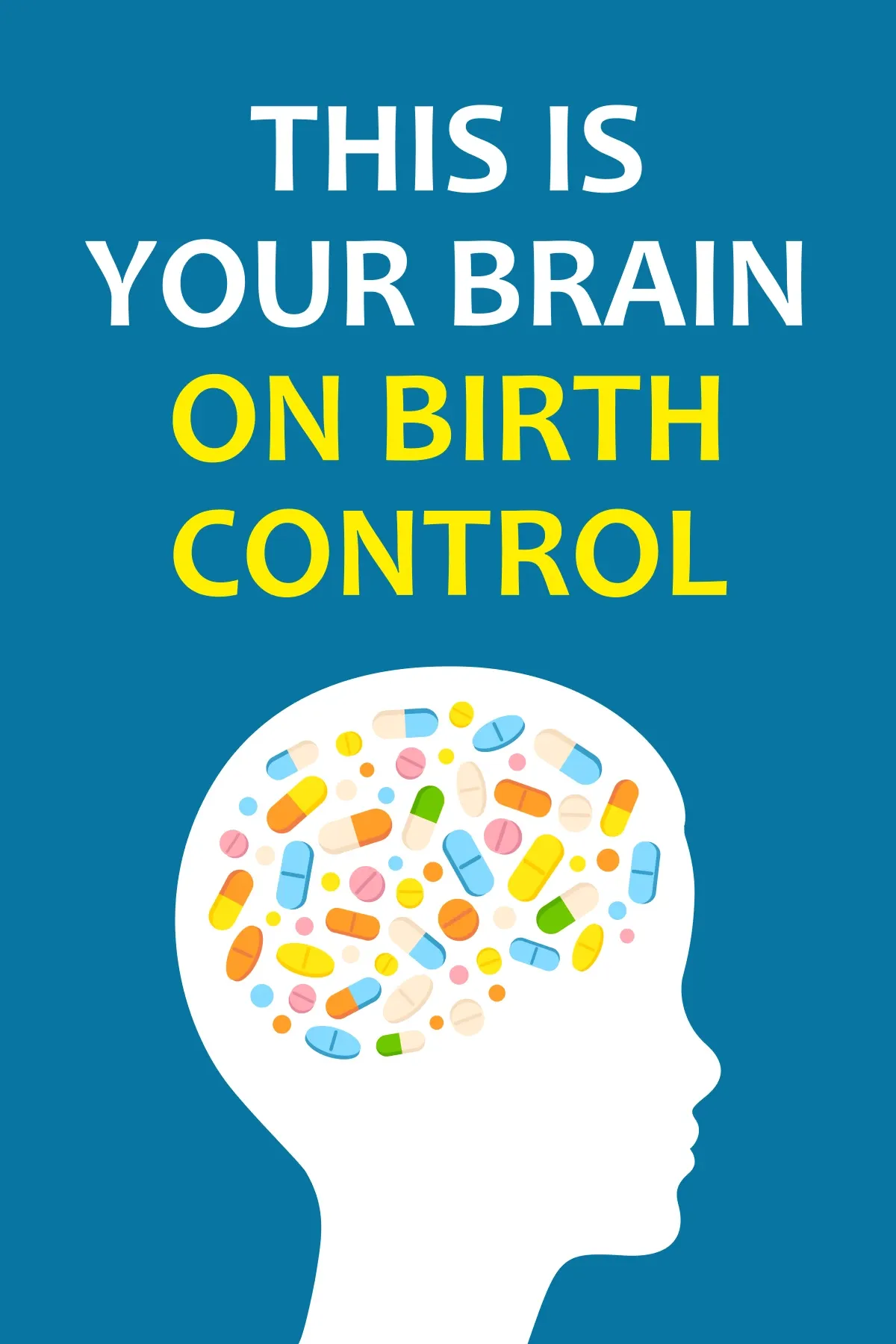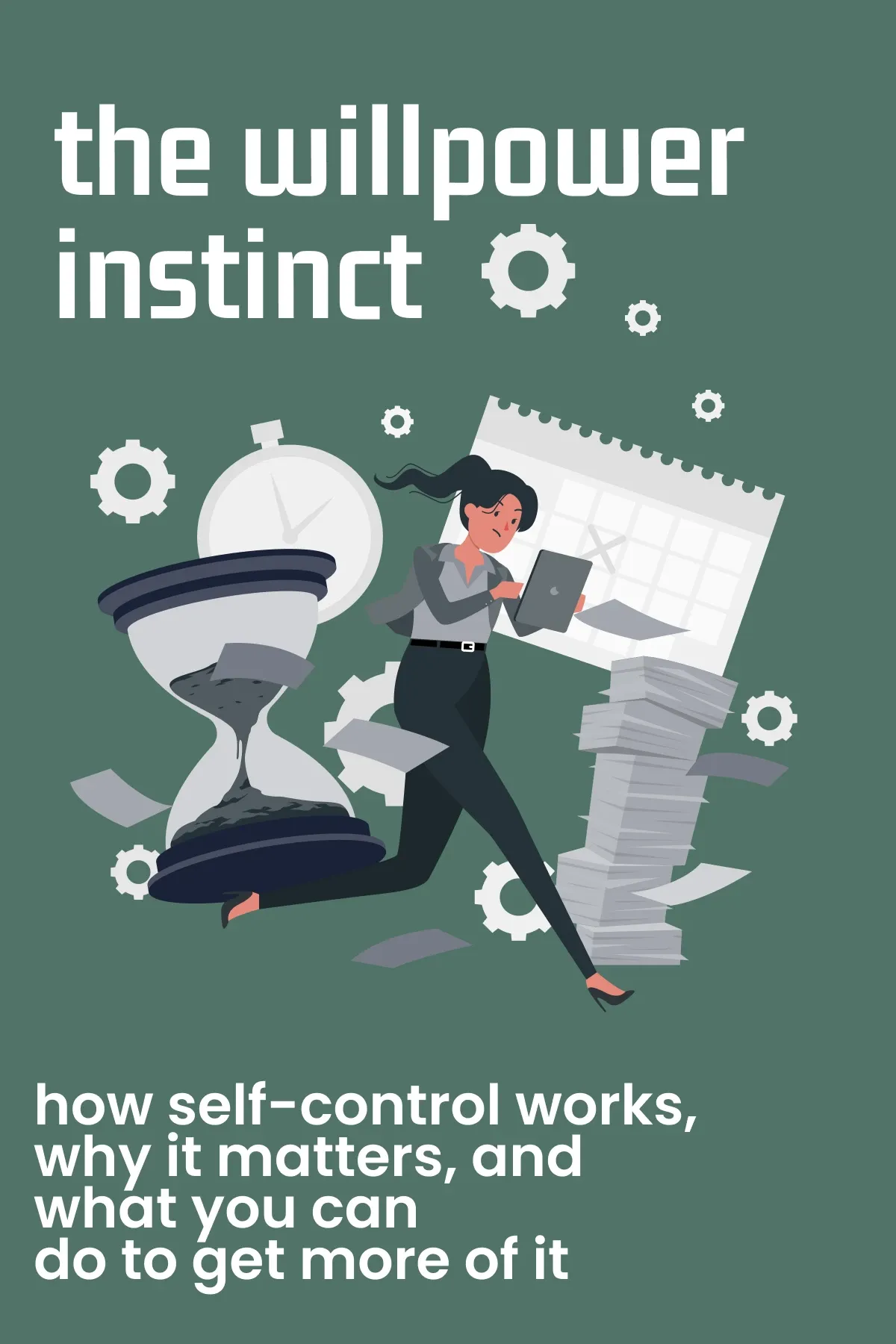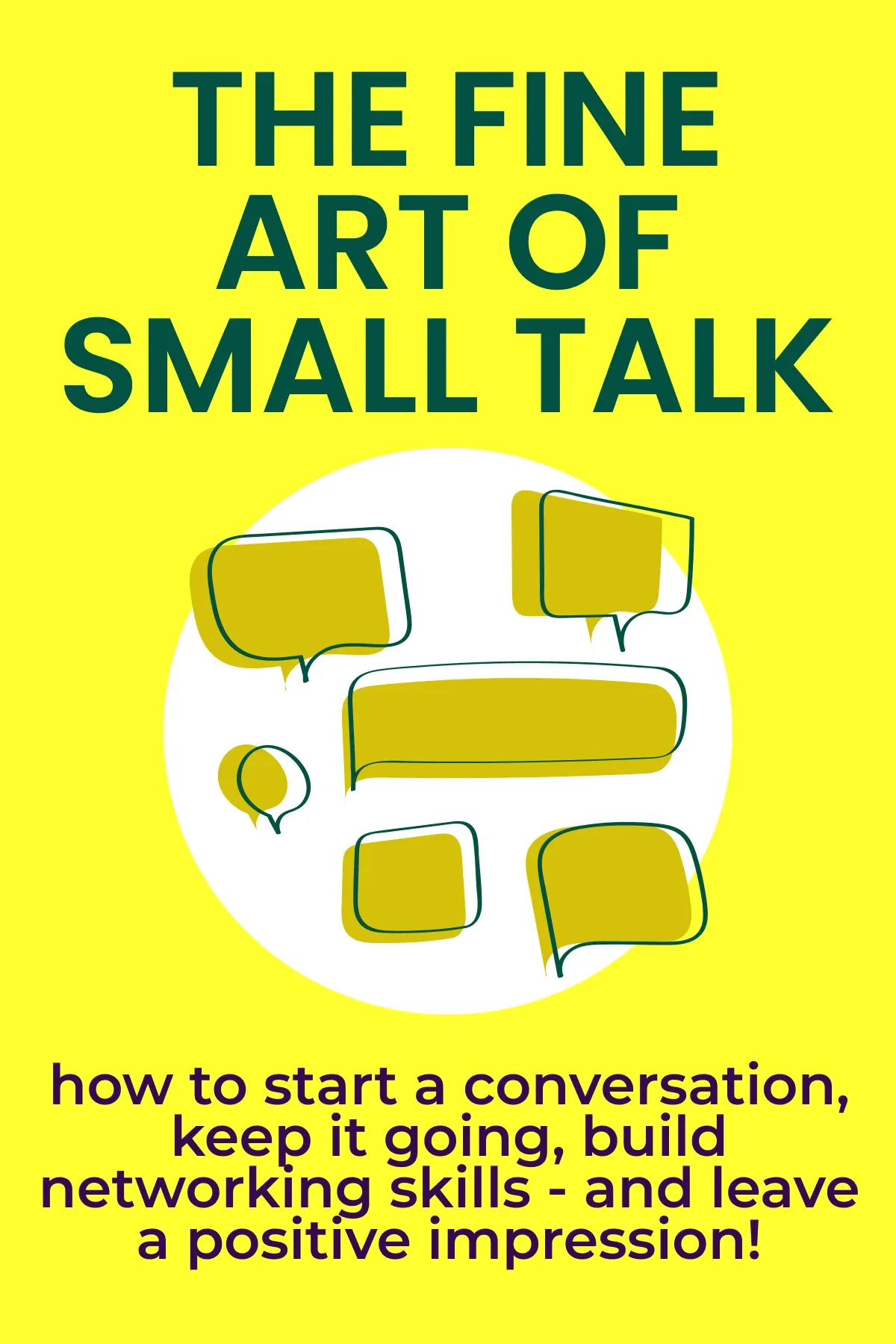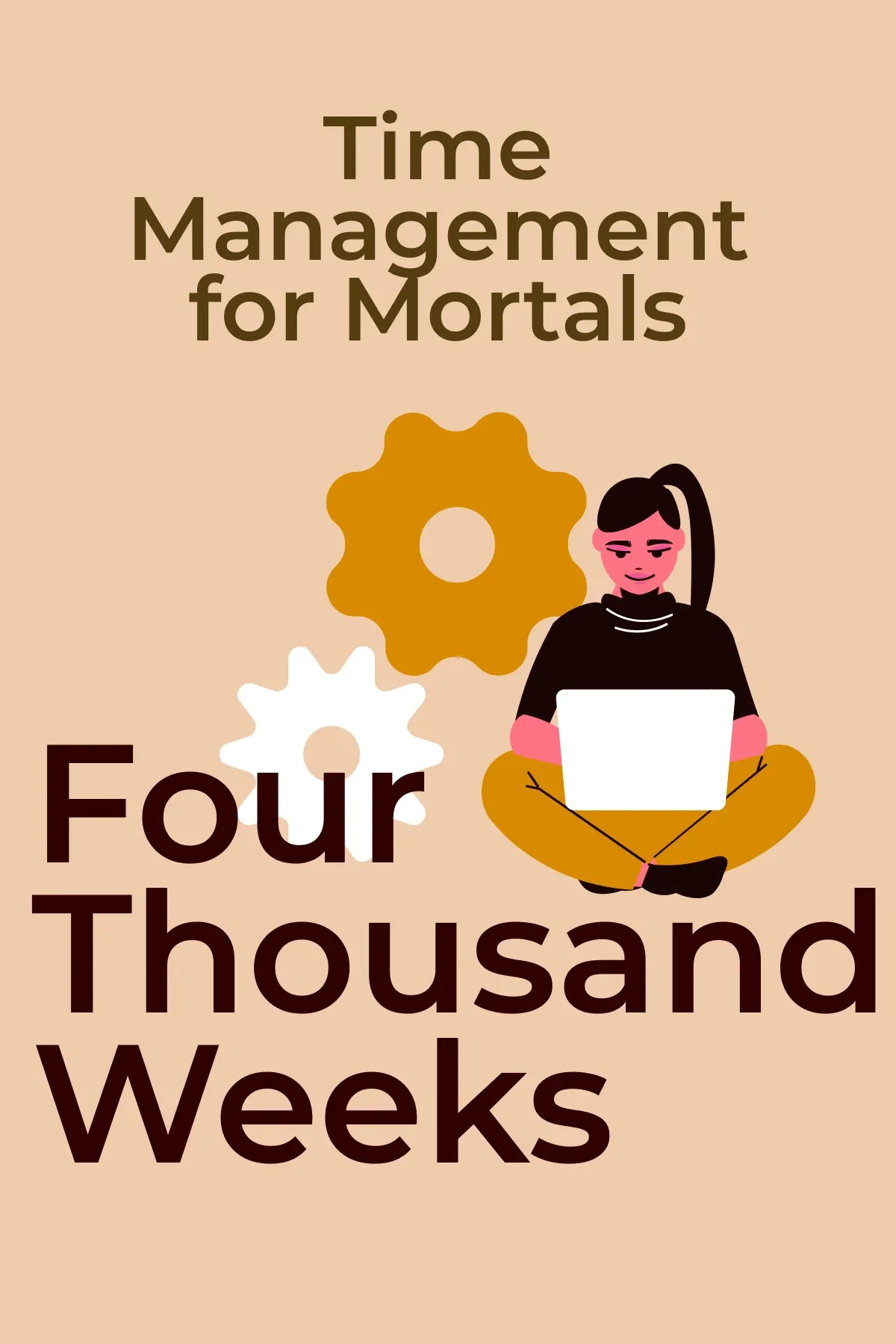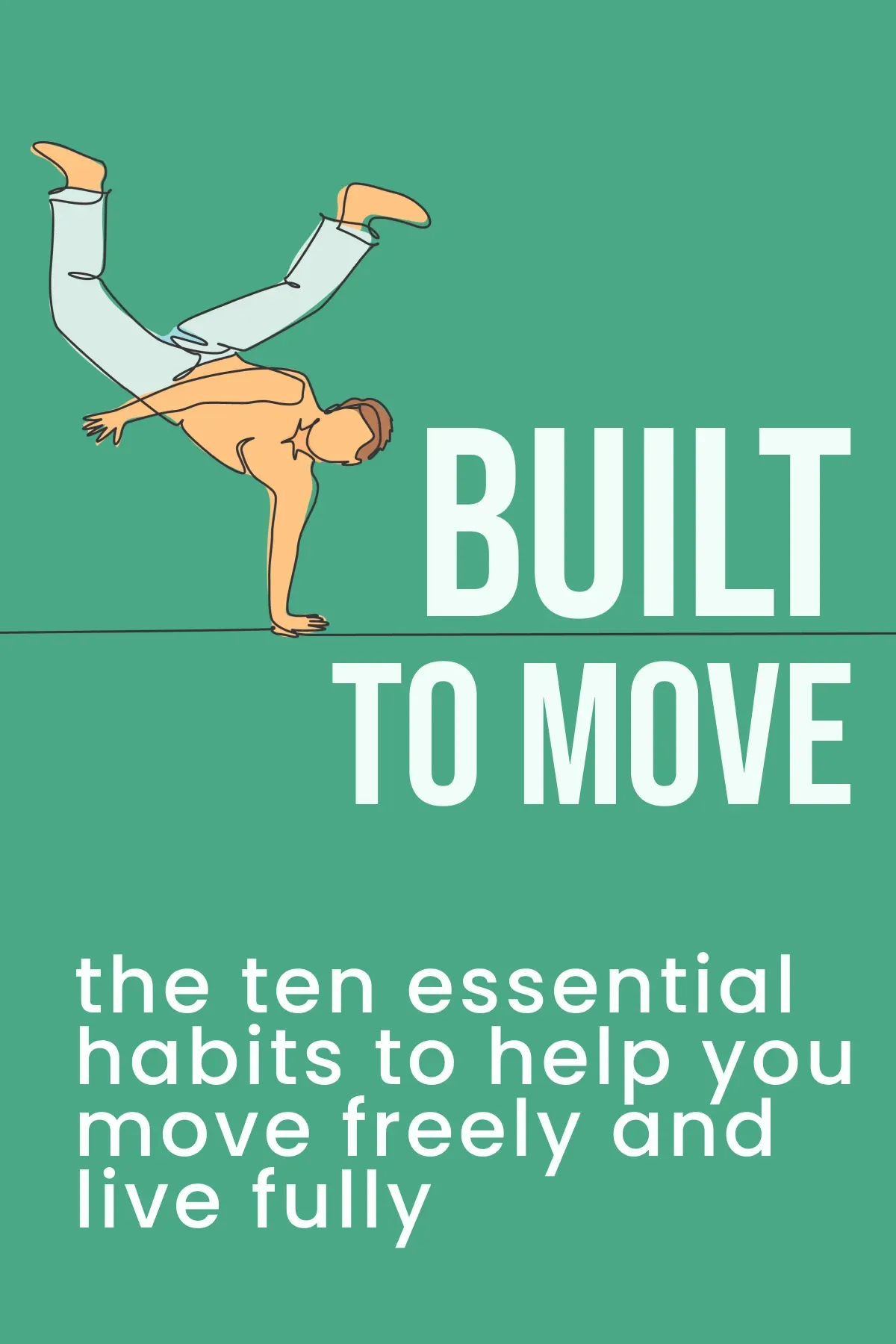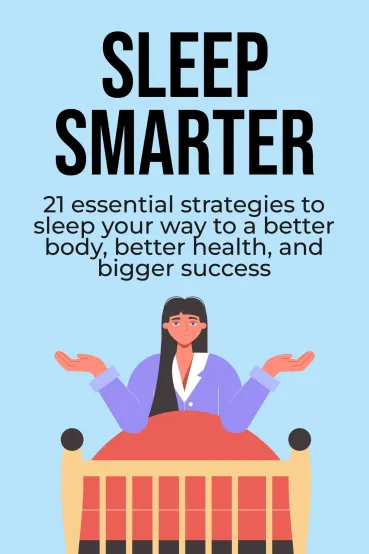
Sleep Smarter
Brief Summary
“Sleep Smarter” by Shawn Stevenson is a guide for increasing sleep quality and maintaining good health. The book delves into various subjects, ranging from the significance of sleep to designing an environment conducive to sound sleep. The author suggests practical strategies for overcoming sleep disorders and improving sleep hygiene.
Topics
Key points
Key idea 1 of 7
Our fast-paced society values efficiency above sleep. People get caught up in their work and create to-do lists that are too extensive to finish in a day. As a result, they end up sacrificing their sleep to try and complete all their tasks. The lack of appreciation of rest has reached a critical level, reducing the average person's daily sleep hours.
Yet, viewing sleep as an obstacle to achieving high productivity has serious drawbacks. Lack of sufficient sleep can cause lower enthusiasm toward achieving our objectives. It can also be the reason for slower task performance and reduced creativity.
A study published in *The Lancet* medical journal revealed that when doctors don't get enough sleep, they find it more difficult to stay focused at work. The research highlighted the situation of surgeons who stayed awake for over 24 hours. These healthcare workers took around 14% more time to finish their work and made approximately 20% more mistakes. Given their work's importance, surgeons are the last specialists you want to make a mistake.
The major reason for this phenomenon is that lack of sleep decreases the amount of glucose in the brain. It is the primary energy source for our brain. Glucose starvation affects areas of the brain differently. The parietal lobe and prefrontal cortex, responsible for problem-solving, are among the most severely impacted. After 24 hours without sleep, the glucose levels in these brain regions can decrease by 12 to 14 percent, impairing cognitive function.
In addition, multiple studies have demonstrated how pulling an all-nighter can lead to insulin resistance, similar to what is observed in individuals with type-2 diabetes. Inadequate levels of this hormone can bring about various complex health conditions, such as weight gain, premature aging, and low libido. Therefore, we should not consider sleeping an obstacle to productivity. Sufficient, high-quality sleep is essential for our physical and mental health. It enables us to attain peak performance and optimal well-being.
When awake, our bodies undergo a catabolic process, where molecules break down by combining with oxygen. However, during sleep, our bodies experience an anabolic state, where molecules are constructed from smaller units to strengthen our physical systems. The restorative process combats the signs of aging and boosts the immune, muscular, and skeletal systems. Given the importance of rest, reducing sleep time is counterproductive. Instead, we should prioritize getting a good night's sleep. So, what strategies can we adopt to sleep better?
FAQ
You may also like these summaries


